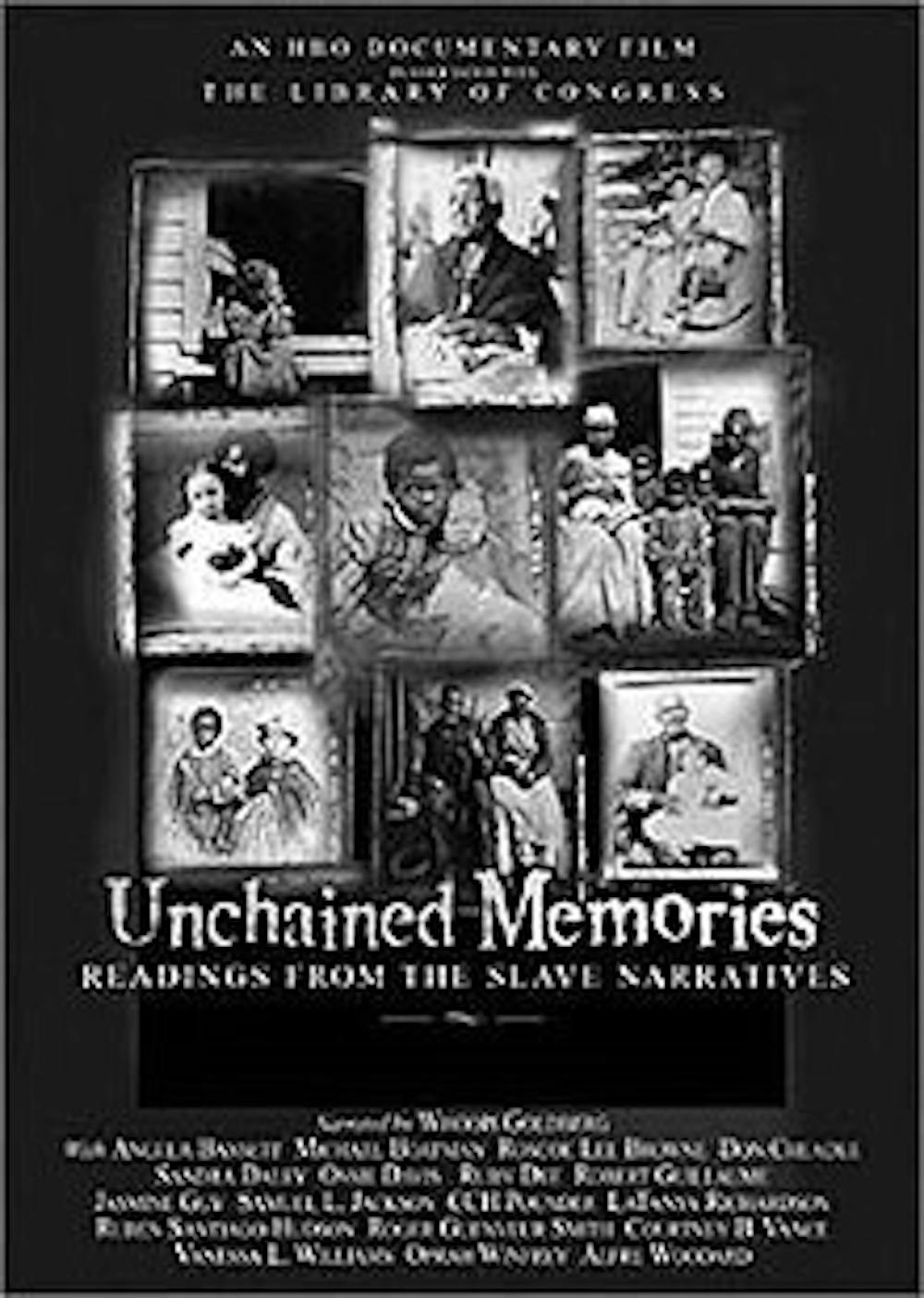 WIKIMEDIA CREATIVE COMMONS
WIKIMEDIA CREATIVE COMMONS
As a black American, I’ve wondered many a time about the culture surrounding cotton, tobacco and sugar plantations in the 18th and 19th centuries in the South and throughout the black diaspora of the Western hemisphere; I’ve also wondered about what life was like for enslaved African peoples and their descendants who worked those plantations. This film, documentary-like in its composition, revealed more information to me about what my ancestors were subjected to and provided information that is rarely prioritized or given its due weight in curricula across the United States. Made in conjunction with the Library of Congress and with the participation of several A-list stars from black Hollywood including Whoopi Goldberg, Ossie Davis, Angela Bassett, Don Cheadle and Samuel L. Jackson, this film draws on slave narratives from the last generation of African Americans who lived within the confines of slavery before, during and some even after the American Civil War. In the 1930s, the Works Progress Administration spent two years collecting more than 2,000 interviews in which black people who were former slaves reported on their lives of bondage. The stories include a diverse array of topics: the auction block, courting, the Underground Railroad, daily quotas for cotton picking, rape, whippings, forbidden literacy, church and religious culture, social hierarchies within black communities and more. An all-black cast of actors dramatize the readings of the narratives, interpreting the personas of the original interviewees, assuming their vernaculars and bringing their testimonies to life.
One of the most enlightening aspects of the film for me was that it allowed me to critically sit with what newly freed blacks must have felt on June 19, 1865, the day it was announced that slavery had been abolished. Rejoicing surely ensued, yes. But there was also likely the question of “Now what?” What does a person with no education, property, reliable means of transportation, money, social capital, integration, enumerated rights or respect do with a bucket load of “freedom”? Something the government of yesterday failed to strategically plan for was that 300 years of slavery were not erased or forgotten on Juneteenth*. The repercussions and legacies of systematic oppression did not and could not dissipate within a 24-hour period following this decree. It is doubtful that these newly freed great great grandfathers and great great grandmothers of mine had finely prepared blueprints for their new lives and were ready to abandon the plantations and seize the days before them. What is freedom to someone with no actual agency? The promise of “40 Acres and a Mule” turned out to be an empty one and we still reel from centuries of disenfranchisement.
For more works that address the culture produced surrounding slavery, see Herbery Covey’s What the Slaves Ate, Joy DeGruy’s “Post Traumatic Slave Syndrome” or Ira Berlin’s “Remembering Slavery.”
*Juneteenth: an American holiday that commemorates the abolition of slavery
*40 Acres and a Mule: This phrase refers to a largely unfulfilled promise made to black Americans that would allow them access to land ownership and a means to cultivate it in the post-slavery era.
Literatures & Cultures Librarian Katrina Spencer is liaison to the Anderson Freeman Center, the Arabic Department, the Comparative Literature Program, the Gender, Sexuality & Feminist Studies (GSFS) Program, the Language Schools, the Linguistics Program, and the Department of Spanish and Portuguese.




